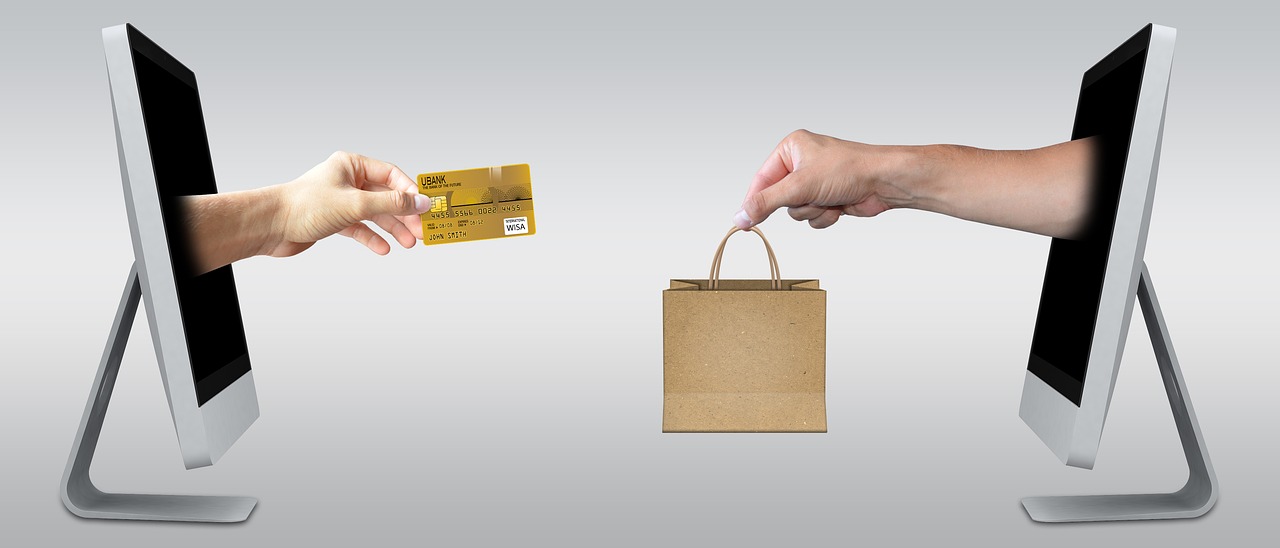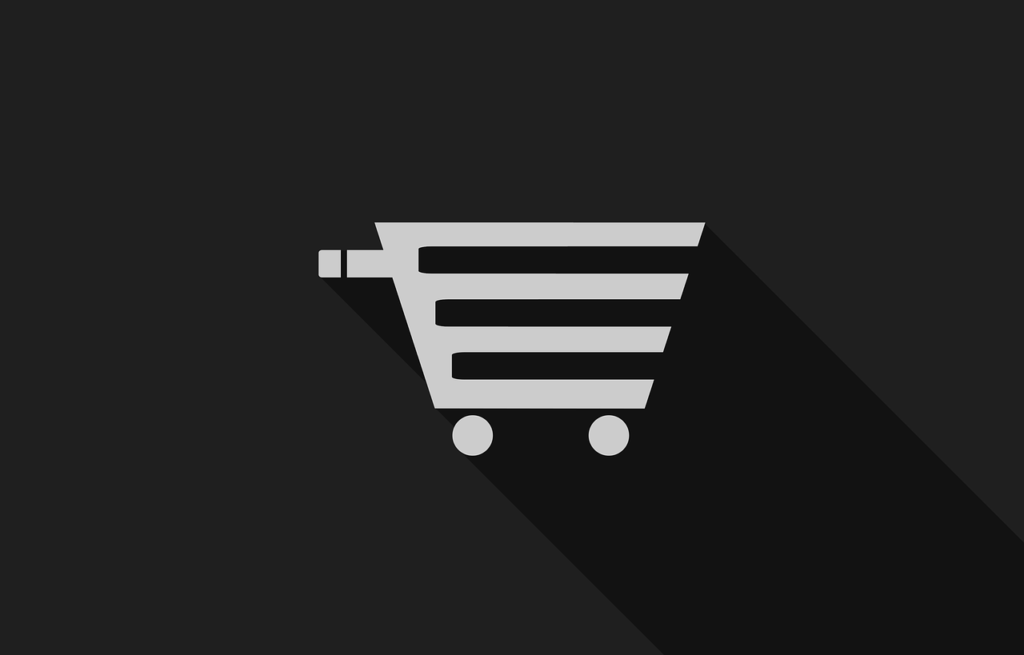3 Strategies To Give You More Control Over Your Online Store
In business, a sense of control is rarely a bad thing. The more in control you are, the more you are able to ensure that your customers are going to be satisfied. Control means you don’t have to leave anything up to chance; that you’re always going to be in the driving seat. Control is a good thing– but it’s notoriously hard to find in the ecommerce world.
After all, so much of running an online store involves relying on other people. Below are three solutions to three common control issues that people experience when running an online store.
Website Woes? Move To A Private Server
Website downtime can have a catastrophic impact on an ecommerce business. If your site is down, your entire business is down. When your business has established itself, it’s worth moving your site from a shared server to a virtual private server. This gives you more control of how the server is run, how reliable it is, and also ensures that you can be confident the correct anti-hacking measures are in place.
Logistics Lethargy? Manage Your Own Warehouse
The word “warehouse” may have you picturing a huge, cavernous space that’s the size of several football fields– but a warehouse can be any size that suits your business. When you manage your own warehouse, you gain the following extra elements of control:
- You’re able to order more stock from your suppliers, so you always know that you’re able to meet customer demand.
- You can have faster access to your stock, rather than having to wait for it to be delivered to you.
- You can be sure that your stock is being stored in suitable containers and transported properly.
Running your own warehouse isn’t simple. There’s a lot for you to get to grips with, like the safety requirements to ensure your staff are protected and which casters for industrial carts best suit your needs, but the control you gain over your logistics is worth the learning curve.
Processor Problems? Add More Payment Options
If you run your own online store, then you almost certainly use PayPal to process your financial transactions. PayPal has become the standard for payment processing, but it’s also… well, finicky. Many sellers find their accounts blocked for little reason, and PayPal is far more likely to find in the buyer’s favor than the seller’s in the event of a dispute.
While you should continue to use PayPal — customers expect it — there are plenty of different online payment processors that you should offer in addition. These services mean you will always have a backup if something goes wrong with PayPal; there will always be a way for customers to make transactions on your site. These backups might not be used often, but you’ll be very glad that they’re there in the event that PayPal randomly suspends your account.
Just because you don’t have a physical storefront doesn’t mean there aren’t simple, practical ways for you to exert as much control over your business as possible. Follow the above, and your business will flourish under your intelligent and watchful eye.





